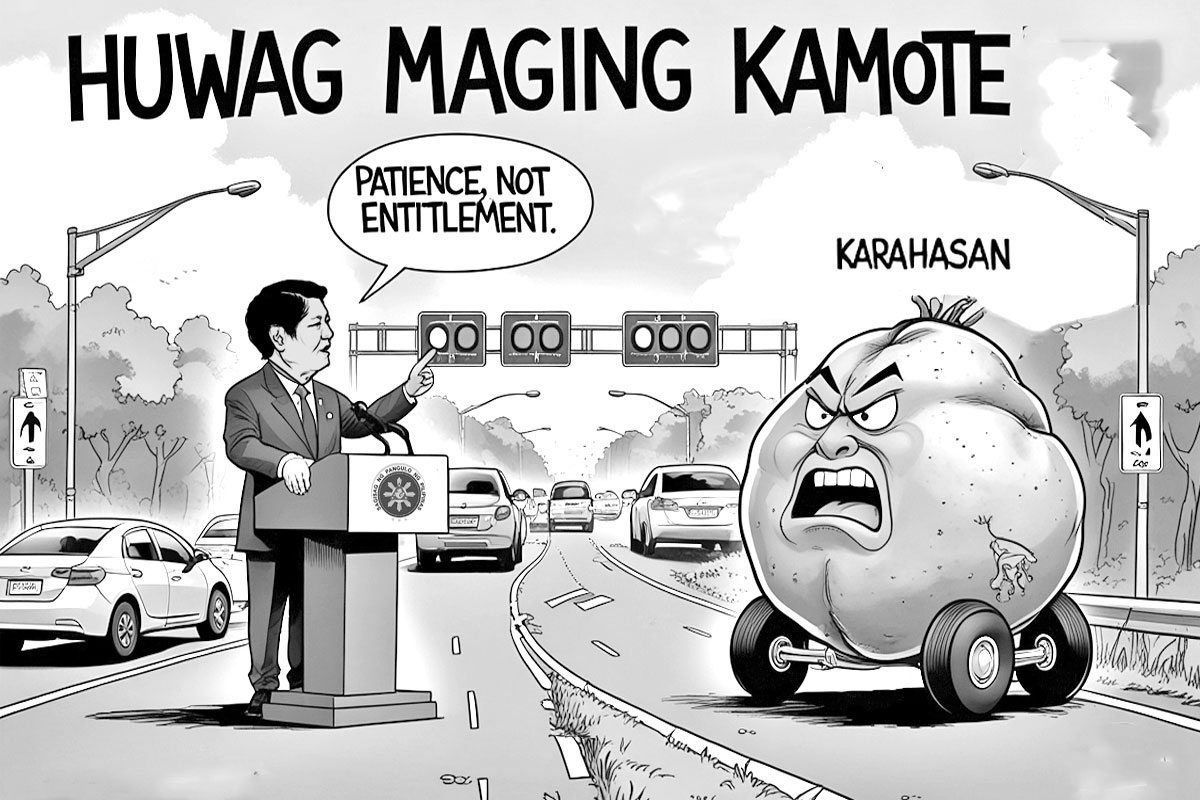
A Vital Immigration Move
FINALLY, it looks like real reforms are underway at the controversy-ridden Bureau of Immigration. This renewed push for integrity and modernization is not happening by accident—it’s happening by design.
President Ferdinand Marcos Jr. has made it clear: the Bureau must be professionalized, secured, and restored to public trust.
This direction has given the green light to long-overdue reforms and empowered leadership within BI to clean house and close critical loopholes that have long been exploited by syndicates and corrupt insiders.
Under this mandate, BI Commissioner Joel Anthony Viado has acted decisively. One of his first major policy shifts was to ban the use of flights with layovers when deporting illegal and undesirable aliens. The directive applies especially to foreign nationals involved in criminal syndicates, including those linked to illegal POGO operations.
“Layovers are soft spots in the deportation chain,” Viado said. “They create windows of opportunity for escape or unauthorized interference, sometimes even with the involvement of law enforcers themselves.”
The new policy mandates that deportees must be boarded on nonstop flights back to their countries of origin—except in cases where no direct flights are available. It’s a simple but powerful adjustment, immediately closing off one of the most exploited vulnerabilities in the system.
This move has earned the praise of observers and legislators alike. Senator Risa Hontiveros, who has been investigating the escape of several high-profile foreign detainees, called attention to these loopholes in recent hearings. Senator Sherwin Gatchalian has also voiced his support for tighter deportation procedures.
The reality is stark: Commissioner Viado is fighting an uphill battle against well-financed transnational syndicates with deep contacts in government and law enforcement. These groups have the resources and influence to stage extractions, bribe escorts, and manipulate deportation schedules.
The use of stopovers had long been a way for these groups to “lose” a deportee in transit—sometimes with the help of those tasked to guard them. By putting an end to this practice, the Bureau not only reduces risk but sends a message that old tricks will no longer work under this administration.
But Viado knows that this is only one step in a much broader fight. “We are working to clean up not only the policies but also the processes and the people who enforce them,” he said. “This is in line with the President’s call to rebuild the Bureau into an agency that is efficient, incorruptible, and worthy of public trust.”
With clear direction from Malacañang and steady reforms taking root inside the BI, the days of business-as-usual may finally be over. This latest policy is a strong, common-sense reform—but more importantly, it’s a symbol of a new kind of leadership.
Viado, backed by a reform-minded President, deserves full public and institutional support. It’s about time the Bureau of Immigration worked for the people—and not against them.





















